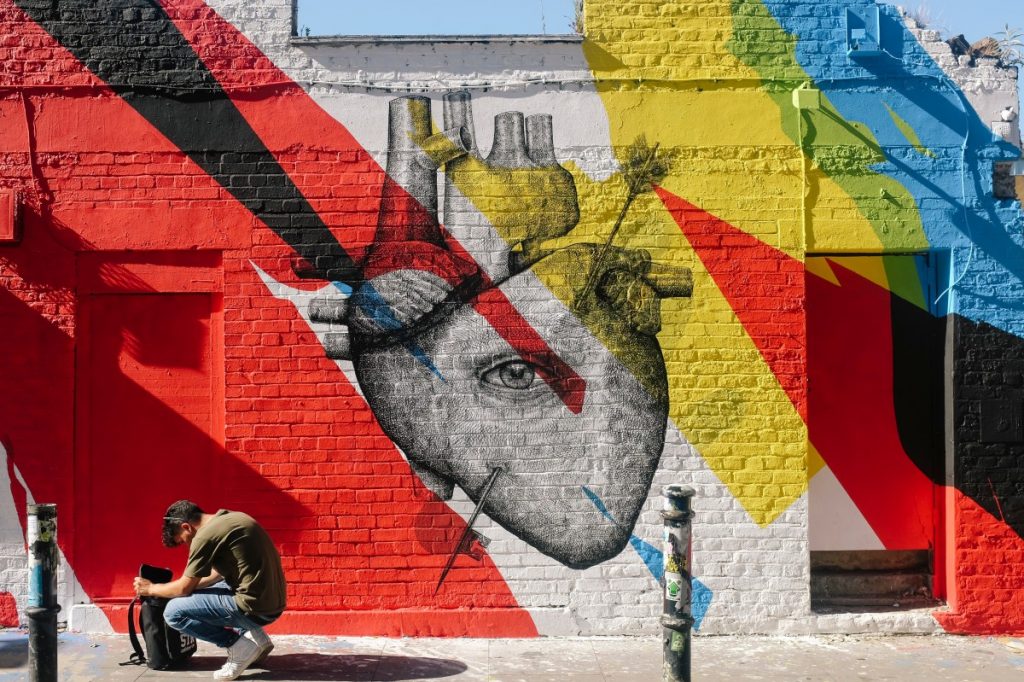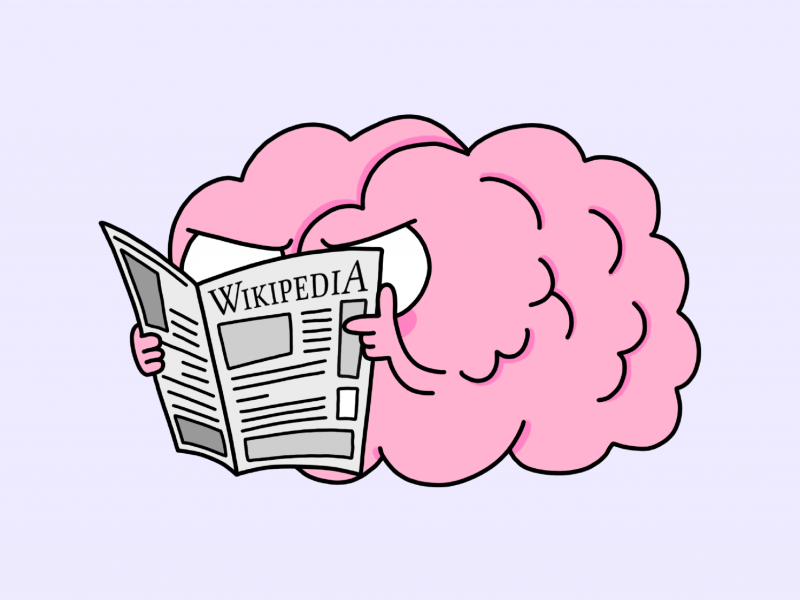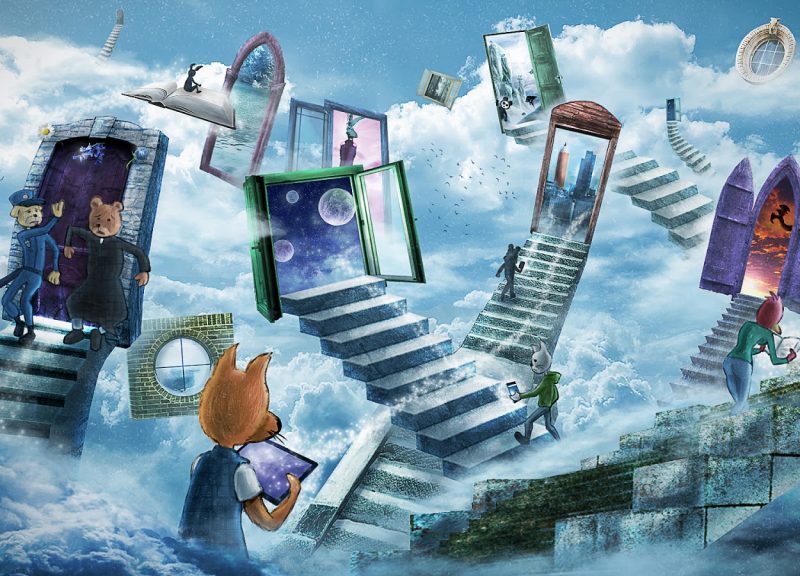From time immemorial, human beings have obsessed over knowledge. It’s one of our most precious resources, and our most jealously guarded. We’ve accumulated it gathering in circles under trees and squeaky chairs in sloped lecture halls, distributed it in etchings on stone tablets and inky letters on paper pages, even sought to hide it by blindfolding interlopers and erecting paywalls out of code.
Today, the gates that keep knowledge in the hands of the few are coming down. As a global society, we are more literate, cooperative, and connected than ever before. By reading this right now, you are doing more than your early ancestors could have fathomed.
How has that access to knowledge shaped your life?
Who would you be without what you know?
Is the right to seek knowledge freely currently protected where you live?
What might a future with complete access to the sum of the world’s knowledge look like?
What forms of knowledge are most important to you—and does your society recognize and value them?
After all, knowledge isn’t just a set of random facts (“Hey Alexa, what’s the population of Budapest?”), nor is it only the theorems you memorized in school or the coding languages you use at work. It’s family recipes and whisper networks, the ways you tie your shoes and the muscles you recognize by name. It’s contested, nuanced, often inextricable from power and control. It affects the decisions we make, our health and happiness, even how we relate to each other.
With your help, the Wikimedia Foundation wants to illustrate the expansive role of knowledge in human life. Send us your creative submissions on the theme of what open access to knowledge means to you. We’re accepting work in five categories: short films, visual art (including illustrations, photography, 3D renderings, etc.), poetry, short fiction, and creative essays. The deadline to submit is 11:59pm on 30 April 2019.
In June, we’ll showcase the top entries under a Creative Commons license in our Heart of Knowledge digital anthology zine, share selected works through the Wikimedia Foundation’s YouTube channel and blog, and host an awards ceremony at the Wikimedia Foundation headquarters in San Francisco, California. Winners in writing categories (poetry, short fiction, and creative essays) will be published online by our collaborators at Electric Literature. The top submission in each category, as determined by our panel of judges, will also win a prize worth up to $350.
Adora Svitak, Communications Fellow
Wikimedia Foundation
*Please contact asvitak@wikimedia.org if you need an alternative method of submission. This blog post was updated on 10 April to specify where the winners will be published.



